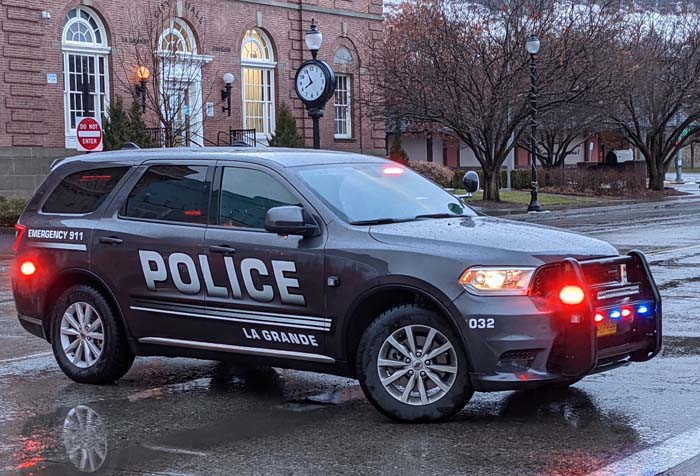Oregon Democratic lawmakers reach tentative deal to address drug addiction crisis
Published 11:00 am Thursday, February 22, 2024

- Measure 110 is likely being reformed in the 2024 Oregon Legislature.
SALEM — Democratic lawmakers said Wednesday, Feb. 21, they have reached a tentative deal to create a new type of misdemeanor that would give defendants no jail time for drug possession and another chance to enter treatment programs.
Trending
The charge, hammered out near the mid-point of the 35-day session, will be folded into House Bill 4002, the vehicle lawmakers are using this session to address the fentanyl-fueled drug overdose and addiction crisis. Its purpose would be to give people found with small quantities of drugs ample chances to enter treatment and recovery rather than jail.
“You’re going to see, when all this stuff settles, that we have lived up to the promise that we said we were going to do at the very beginning, which is we are going to have a robust housing package,” Senate Majority Leader Kate Lieber, D-Beaverton, said in an interview with the Capital Chronicle. “And we are going to put a robust package together to try to solve the addiction crisis, and you’re going to see that those two packages are working, aligned and robust.”
The unclassified misdemeanor would carry potential jail time of up to 30 days for probation violations or up to 180 days when a defendant’s probation is revoked. But they could get an early release from jail if they entered inpatient or outpatient treatment.
Trending
Suspects caught with illegal drugs for their own use would be offered a chance to enter a “deflection” program, to avoid jail and a record, and those charged with drug possession would also be offered a chance to enter a diversion program to get treated and have their case expunged. Drug dealers convicted of delivering a controlled substance within 30 feet of a park would face a higher sentence.
The proposal would give counties the option to build their own deflection programs instead of making them mandatory statewide. That flexibility would help garner community support, said Leiber, also co-chair of the joint addiction committee that’s behind HB 4002.
The misdemeanor charge would become effective Sept. 1, giving counties time to set up their programs and to educate the public.
The bill still includes other measures to combat addiction, including expanding treatment options and the time for welfare holds from 48 hours to 72 hours because fentanyl stays in a person’s system for longer than other drugs.
In its original version, HB 4002 called for a class C misdemeanor, which carries up to 30 days in jail. Republicans and addiction treatment advocates had widely criticized that for different reasons.
Republican lawmakers said it didn’t go far enough and called for a class A misdemeanor, which carries up to a year in jail. A coalition of Oregon cities and law enforcement groups also raised concerns about the potential ineffectiveness of deflection programs.
Advocates for treatment have said the original low-level misdemeanor would be unfair to users because it would recriminalize possession. Democratic lawmakers said they worked to address those concerns by limiting the jail time. The new misdemeanor would have no fines or court fees, another key difference from others.
Besides creating the misdemeanor, the proposal would put money into behavioral health workforce programs, recovery housing to keep people off the streets and residential programs and facilities. Counties would also be eligible for funding to start deflection programs. More than a dozen counties have signaled a desire to do so.
“We as a state are going to partner with those communities to help provide funding and training and support and set up these programs,” said Rep. Jason Kropf, D-Bend and co-chair of the joint addiction committee.
Lawmakers have yet to figure out how much the proposal would cost.









